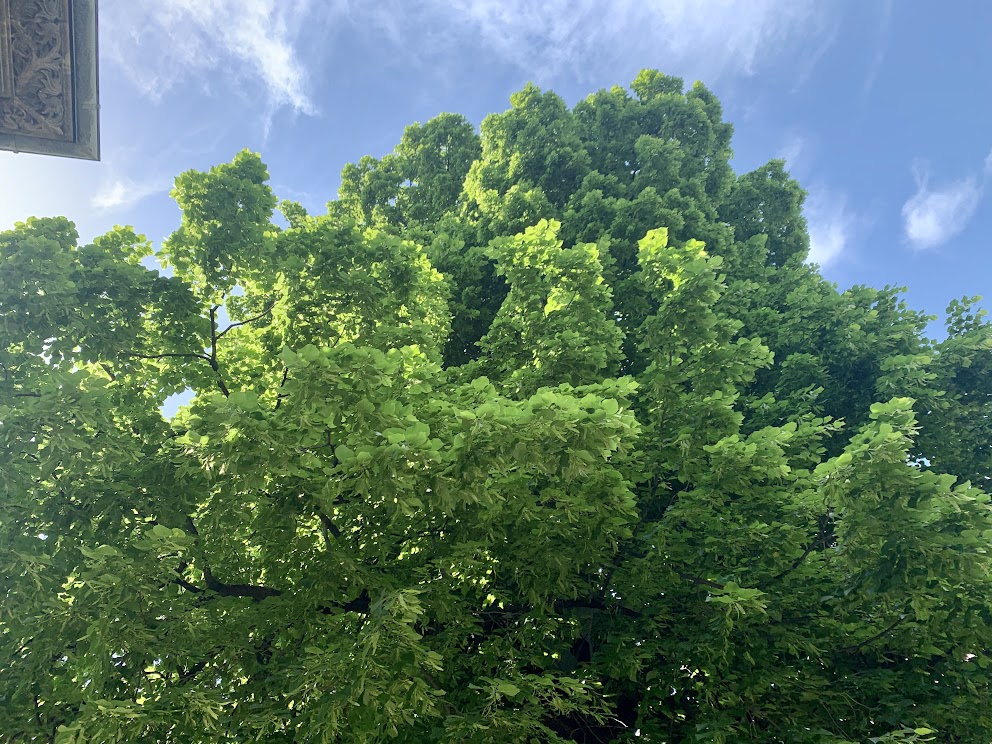
The Ahnenpass (Ancestor Passport) states that somewhere around 1860 a Catholic Prall came from Bavaria to Transylvania, which was then part of the Austro-Hungarian Empire. In 1876 Major Prall, K. u. k Hauptmann a. D., got engaged to his love, Lisi. But, as a military cadre, he could only marry after he made enough money to be able to sustain a household, which meant that he had to stay engaged to his fiancée for 10 years. They finally got married in 1896 and lived in Hermannstadt/Sibiu for a while, where her brother Toni and sister Resi had a furniture store. One year after the wedding, in 1897, their son Albert Prall is born, and baptized a Protestant, like the rest of Lisi’s family. They’re listed at Schwimmschulgasse 2, or Str. Scoala de Inot, 2 (today replaced by a block of flats).
Lisi dies in 1903, when her son is only 6 years old. Little Albert stays with his family in Hermannstadt for a while and gets spoiled by the aunts, while his father goes on with his military career. Bertl, as they called him, regularly skips school and wants to run away with the circus 2 years later – to become a clown.
One day his father meets the school director in the street, who enquires about the boy’s health. So the Hauptmann finds out about Bertl’s absenteeism and decides to send him to school in Targul Mures, then later on to the K. u. K. Kadettenschule – Wiener Neustadt/ Military School in Vienna. The First World War breaks out in 1914. Albert’s is among the first ones to be sent to France directly from Vienna, as an Austrian officer of the garrison of Sibiu.
He returns on foot in 1919, a 22 year old crippled with severe rheumatism from the trenches of Verdun, that will pain him for the rest of his life. 2m tall, he’s bound to a wheelchair and cannot walk for months.
The young women from the Höhere Töchterschule in Bucharest come to read to the veterans. One of them is Rieke Schuster, whom he had met before the war: she used to spend her holidays in Sibiu, who, like other Germans from ‘the kingdom’, had a ‘Dauernder Pass’ (permanent pass) to cross the Transylvanian border at Predeal or Bran, in order to visit their relatives.
Rieke’s parents have a pharmacy on Calea Victoriei in Bucharest, (story here).
They want to get married, but her father, the farmacist, tells Albert ‘No job? What good is a soldier in times of peace? I need a son-in-law who’d take over the pharmacy’.
Transylvania is now part of the Romanian kingdom since December 1st 1918. Albert leaves Sibiu and comes to study pharmacy in the capital. He gets married to Rieke and they have two kids, a boy in ’21 and a girl five years later. Together with the in-laws, they build a house on a wasteland at the northern outskirts of the town, where they move in together in 1930. Albert plants a linden tree in the back yard and says, ‘One day I’ll sit in the shade of its huge crown, you’ll see’. Erna is ten, we’re in 1936, the world looks like spring again.
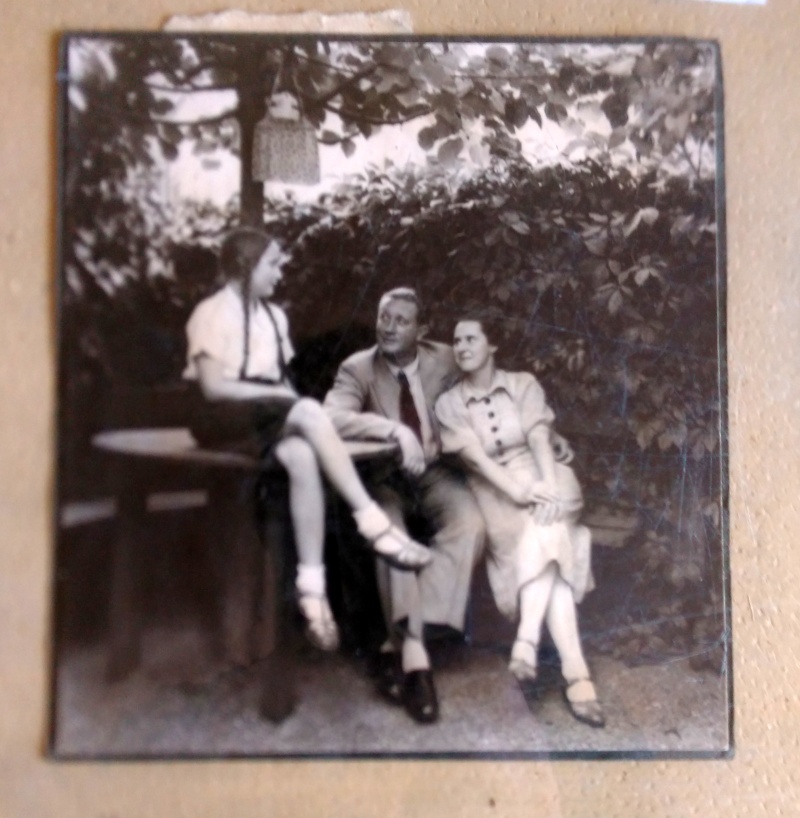
The Tree in 1936
There’s yet no sign of the blows to hit soon from now, the 1940 earthquake, the heavy years of war or the 1944 epidemics of dysentery that will kill Rieke or the communist regime to come.
The world is still ok in 1936 and the linden tree is just a sapling now.
The tree in 2020 -2021.
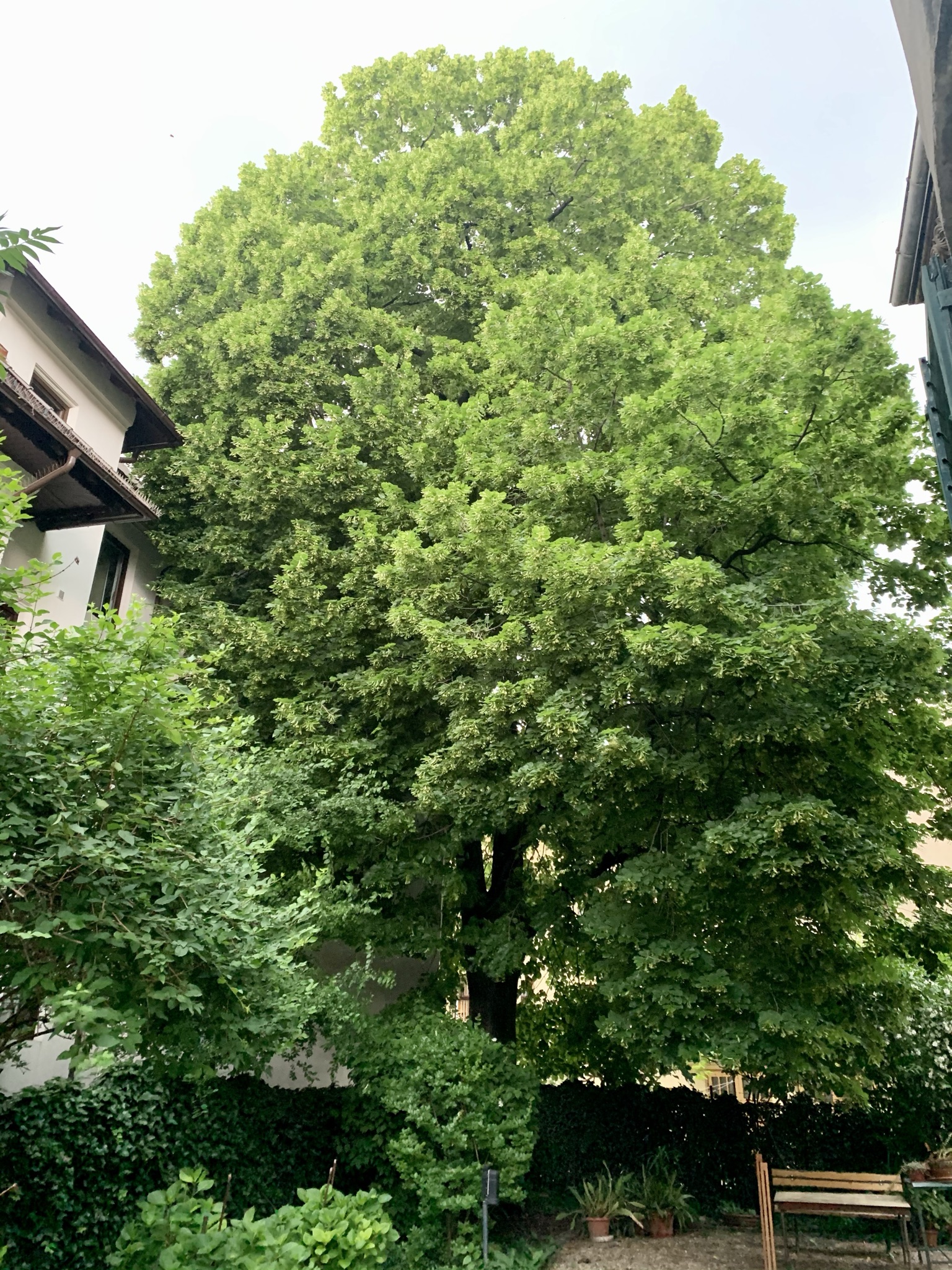
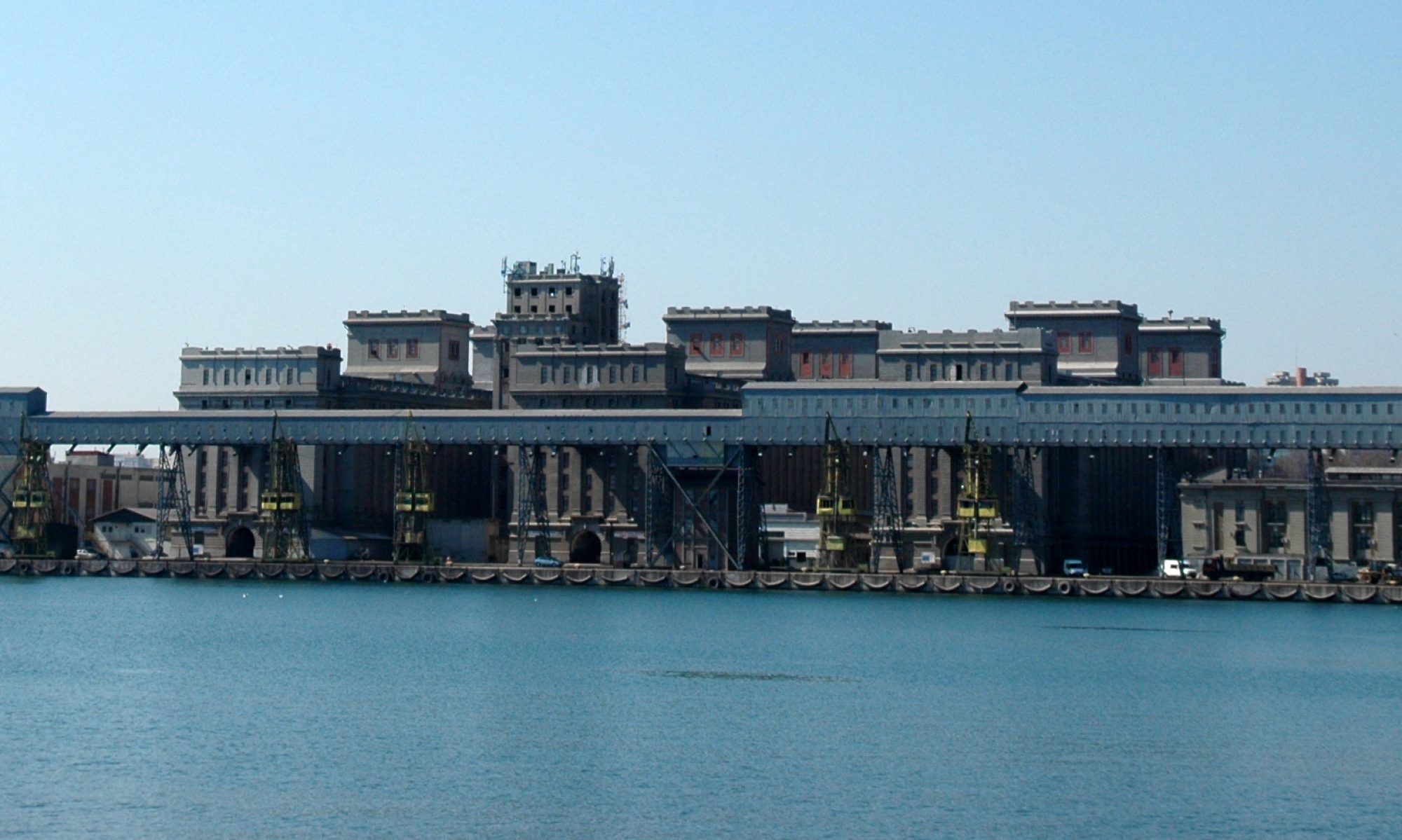
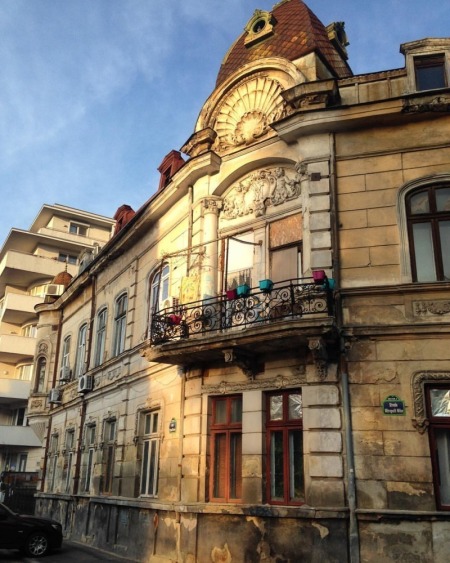 One mild autumn day I was running through the streets that managed to escape the massive demolitions for the civic center in the 80es. These streets once flowed from northwest towards southeast and are all suddenly cut off at weird angles by an axis that was once supposed to become a new Champs Elysees – just longer and, well – national style.
One mild autumn day I was running through the streets that managed to escape the massive demolitions for the civic center in the 80es. These streets once flowed from northwest towards southeast and are all suddenly cut off at weird angles by an axis that was once supposed to become a new Champs Elysees – just longer and, well – national style.